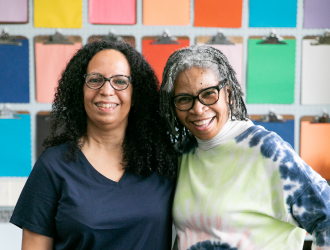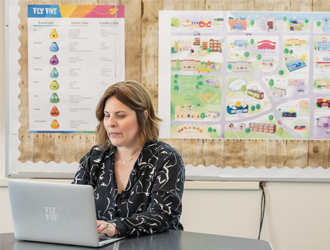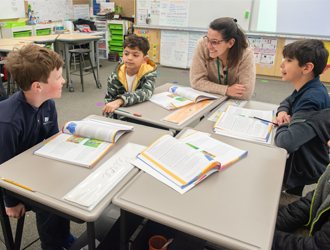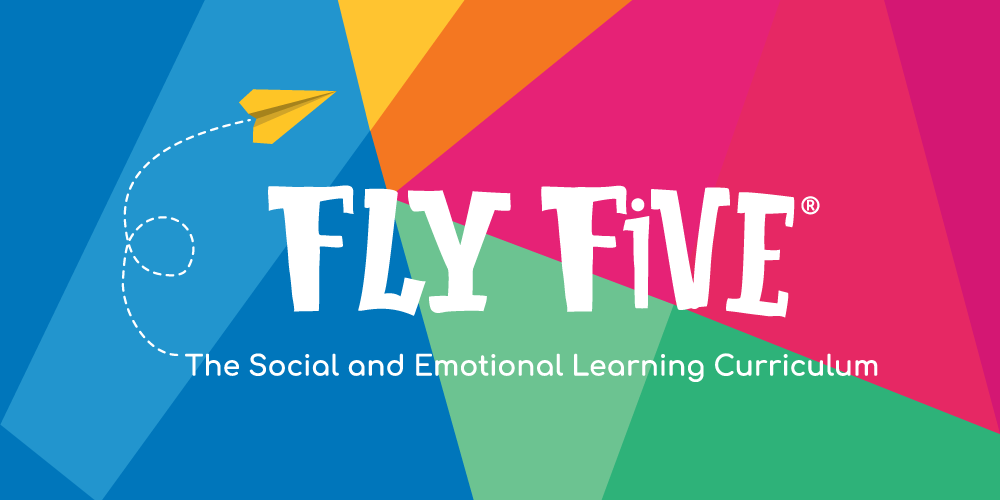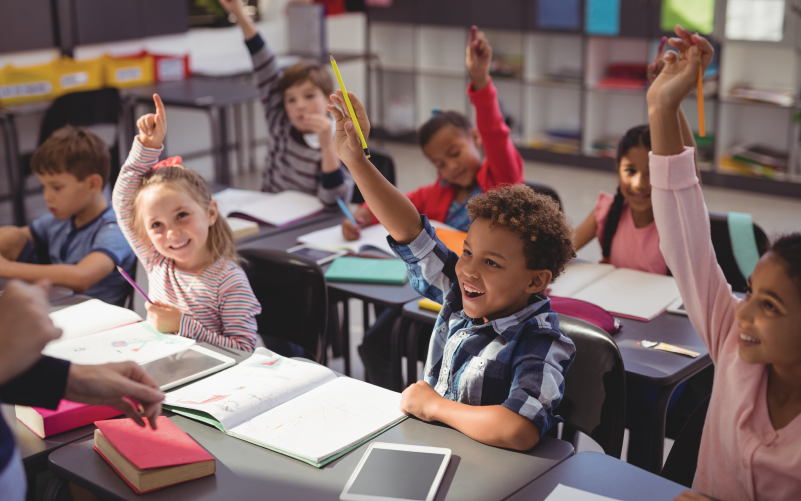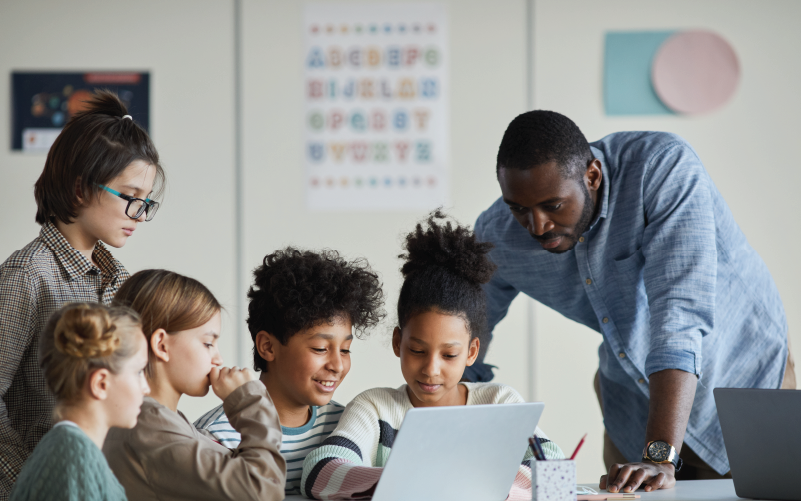The Three Stages of the Natural Learning Cycle
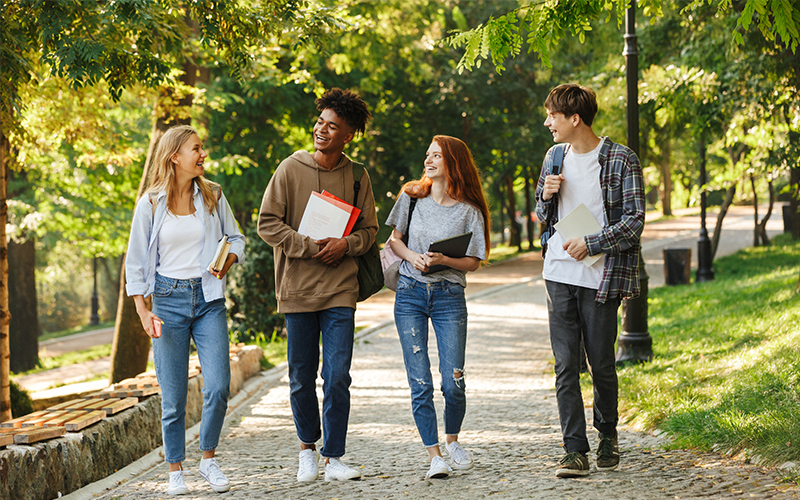
When it comes to teaching students essential social and emotional skills, the most fundamental step we can take is to highlight the need for these skills. Particularly when it comes to SEL skills, students may not realize that offering an apology, making friends, or respecting differences are actual teachable, learnable skills. Showing students how to acquire SEL skills can offer them new perspectives on these skills and set them on the path to move through the four stages of skill development.
To leverage the natural learning cycle, provide ample opportunities for experiential learning. Structure these activities to align with the three stages of the natural learning cycle:
- Phase I – Generating ideas and goals. Setting goals serves to direct attention and energy toward goal-relevant activities and can help to energize students to persist, put in consistent effort, and use task-relevant knowledge and strategies (Locke & Latham, 2002). Collaborate with students to set meaningful, accessible goals for their learning.
- Phase II – Experiencing. Experience and learning are closely intertwined. As students engage with new experiences, they will actively build on the knowledge they possess. Drawing connections between one’s lived experiences and instructional content can result in lasting, meaningful learning.
- Phase III – Reflecting. Reflection fosters an awareness and understanding of one’s own thought processes and supports learning new skills. Reflection can apply to both the content being studied and the process of learning itself. Giving students time to reflect also slows the process of learning, allowing them to internalize, personalize, and own the knowledge they have acquired (Moon, 2004).
As we consistently and explicitly teach SEL skills and highlight the cycles and processes involved in learning, students will gain control of their learning and be set up for consistently positive outcomes in and out of school.
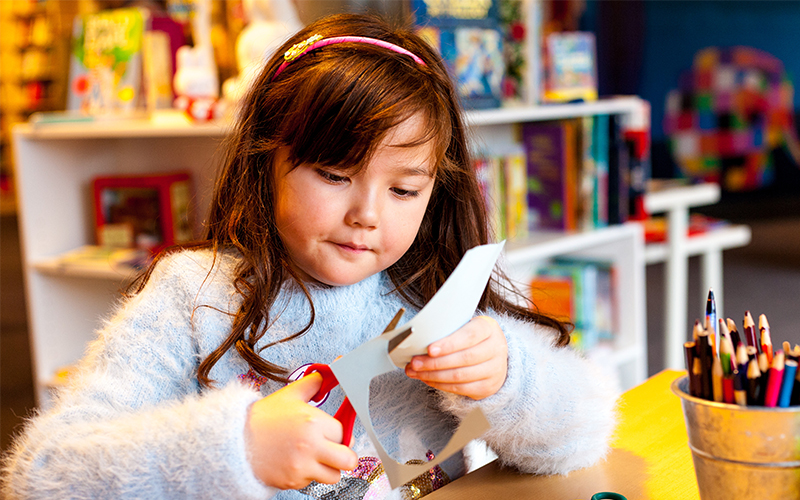
References
- Locke, E. A., & Latham, G. P. (2002). Building a practically useful theory of goal setting and task motivation: A 35-year odyssey. American Psychologist, 57(9), 705–717. https://psycnet.apa.org/doi/10.1037/0003-066X.57.9.705
- Moon, J. A. (2004). A handbook of reflective and experiential learning: theory and practice. London: RoutledgeFalmer.



